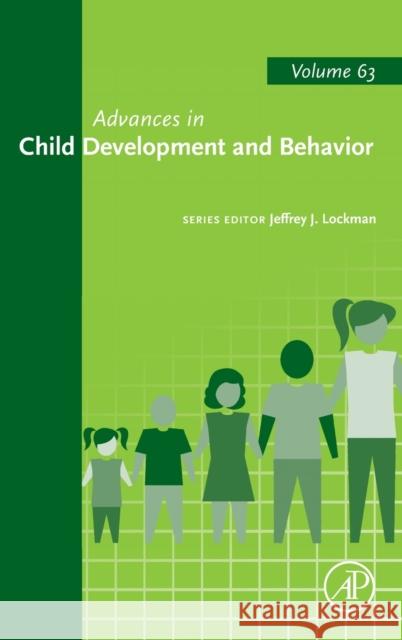Advances in Child Development and Behavior: Volume 63 » książka
topmenu
Advances in Child Development and Behavior: Volume 63
ISBN-13: 9780323990769 / Angielski / Twarda / 2022
Advances in Child Development and Behavior: Volume 63
ISBN-13: 9780323990769 / Angielski / Twarda / 2022
cena 386,09
(netto: 367,70 VAT: 5%)
Najniższa cena z 30 dni: 382,15
(netto: 367,70 VAT: 5%)
Najniższa cena z 30 dni: 382,15
Termin realizacji zamówienia:
ok. 16-18 dni roboczych.
ok. 16-18 dni roboczych.
Darmowa dostawa!
Kategorie:
Kategorie BISAC:
Wydawca:
Academic Press
Seria wydawnicza:
Język:
Angielski
ISBN-13:
9780323990769
Rok wydania:
2022
Numer serii:
000436725
Oprawa:
Twarda
Wolumenów:
01











